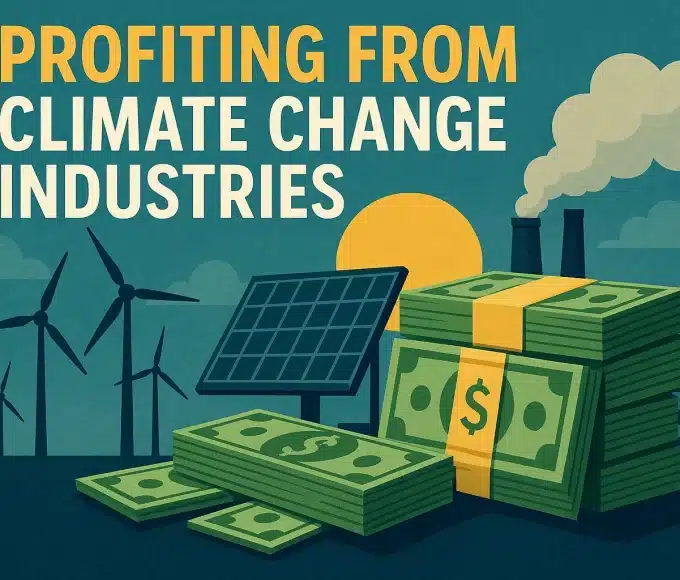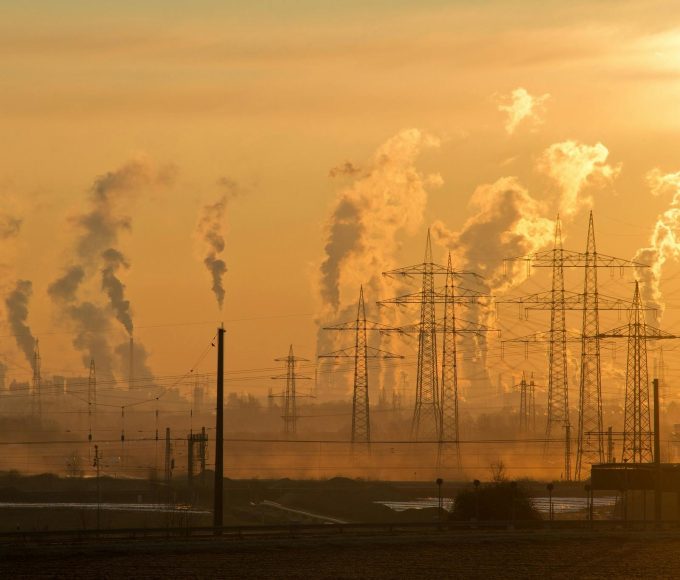The push toward sustainability has never been stronger in a world increasingly aware of its environmental footprint. Eco-conscious consumers, sustainability innovators, and environmental activists play vital roles in shaping a greener future. But how can businesses make the biggest impact? These five industries that can contribute to a sustainable future have the potential to transform our world for the better.
1. Growing Green With Agriculture
Many have often criticized agriculture for its environmental impact, but advances in sustainable farming practices are changing that narrative. Techniques such as organic farming, crop rotation, and agroforestry are game changers. These techniques benefit the soil and ensure healthier food for consumers.
2. Creating Eco-friendly Spaces in Construction
The construction industry is notorious for its environmental footprint, but green building practices are turning things around. Sustainable architecture reduces waste and creates healthier living spaces. More residential and commercial organizations are building modern homes with energy efficiency in mind. Features such as better insulation, energy-efficient windows, and smart home systems are becoming standard.
3. Innovating the Print Industry
Historically, the print industry has generated high levels of waste and environmental degradation due to paper usage and chemical processes. However, recent innovations are driving significant advancements. Sustainable procurement practices for printing businesses are transforming the industry. Modern printing presses are more energy-efficient, consuming less power and operating more efficiently than ever before.
4. Driving the Future in Automotives
The transportation sector significantly contributes to greenhouse gas emissions, but electric vehicles (EVs) are changing the game. Companies such as Tesla, Nissan, and Chevrolet are leading the way with innovative EV models. Advances in battery technology are making EVs more efficient and affordable, while buses, trucks, and even trains are transitioning to electric power, reducing emissions significantly.
5. Weaving Sustainability With Textiles
Eco-friendly fabrics, from organic cotton to recycled polyester, are becoming mainstream, paving the way for change. Cotton producers are growing sustainable, organic crops without harmful chemicals, promoting soil health and reducing water usage. Recycled fabrics, including polyester made from plastic bottles, are reducing waste and conserving resources. Ethical manufacturing practices ensure fair wages and safe working conditions for workers, promoting a more sustainable and humane industry.
Creating a Greener and Healthier Planet, One Industry at a Time
These five industries contribute to a sustainable future by adopting eco-friendly practices and supporting sustainable initiatives, creating a greener, healthier planet for future generations. You can also join the movement by staying informed and making conscious choices.















